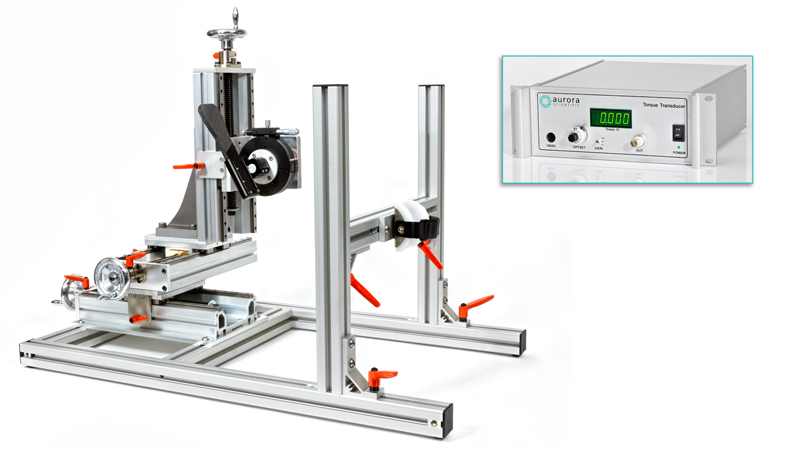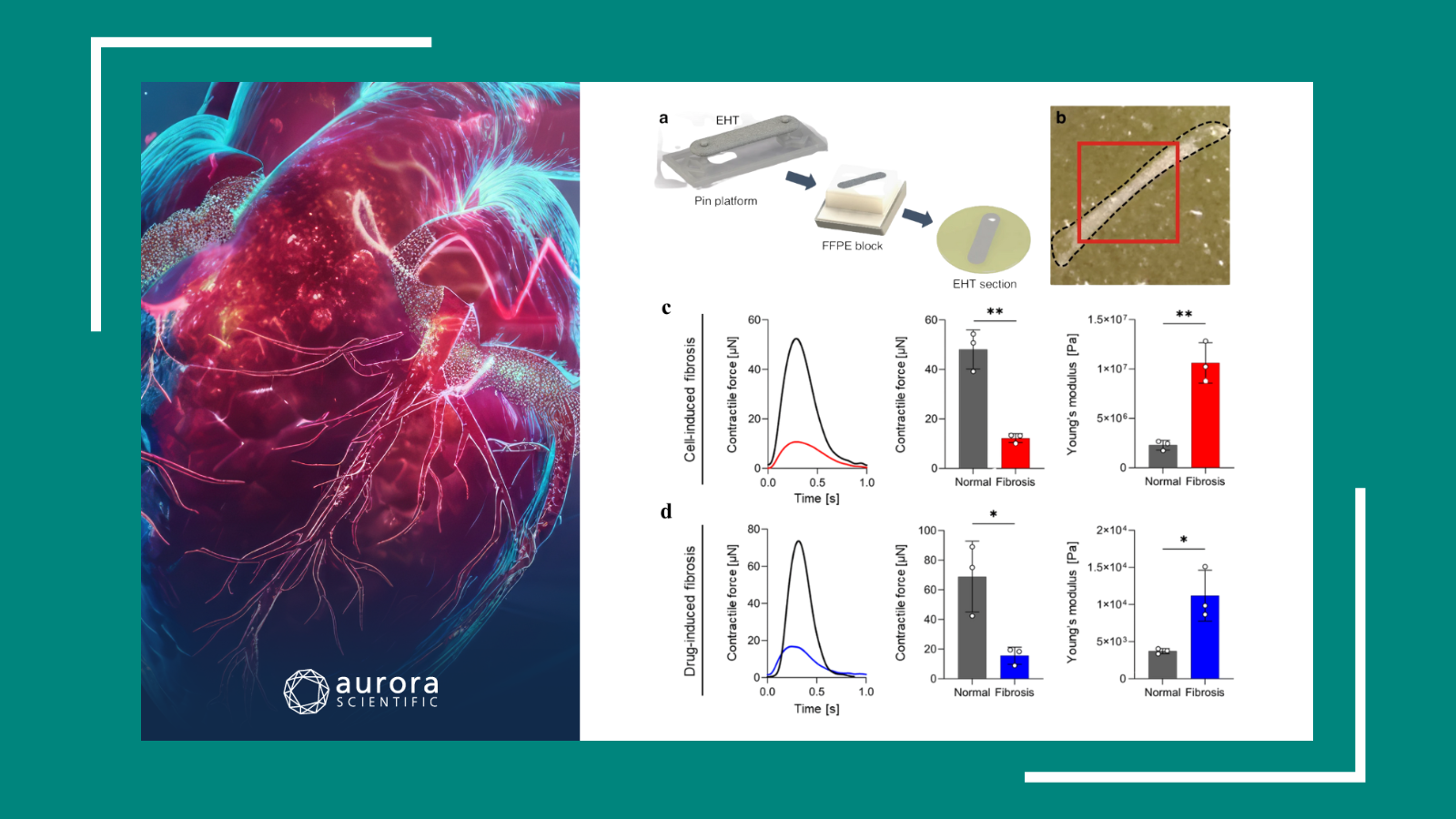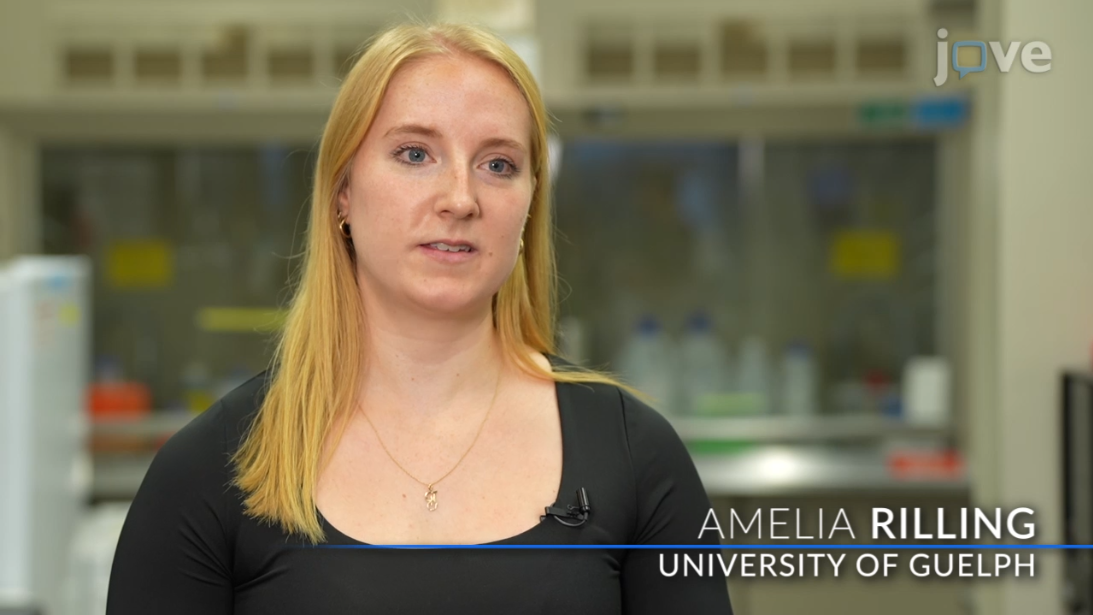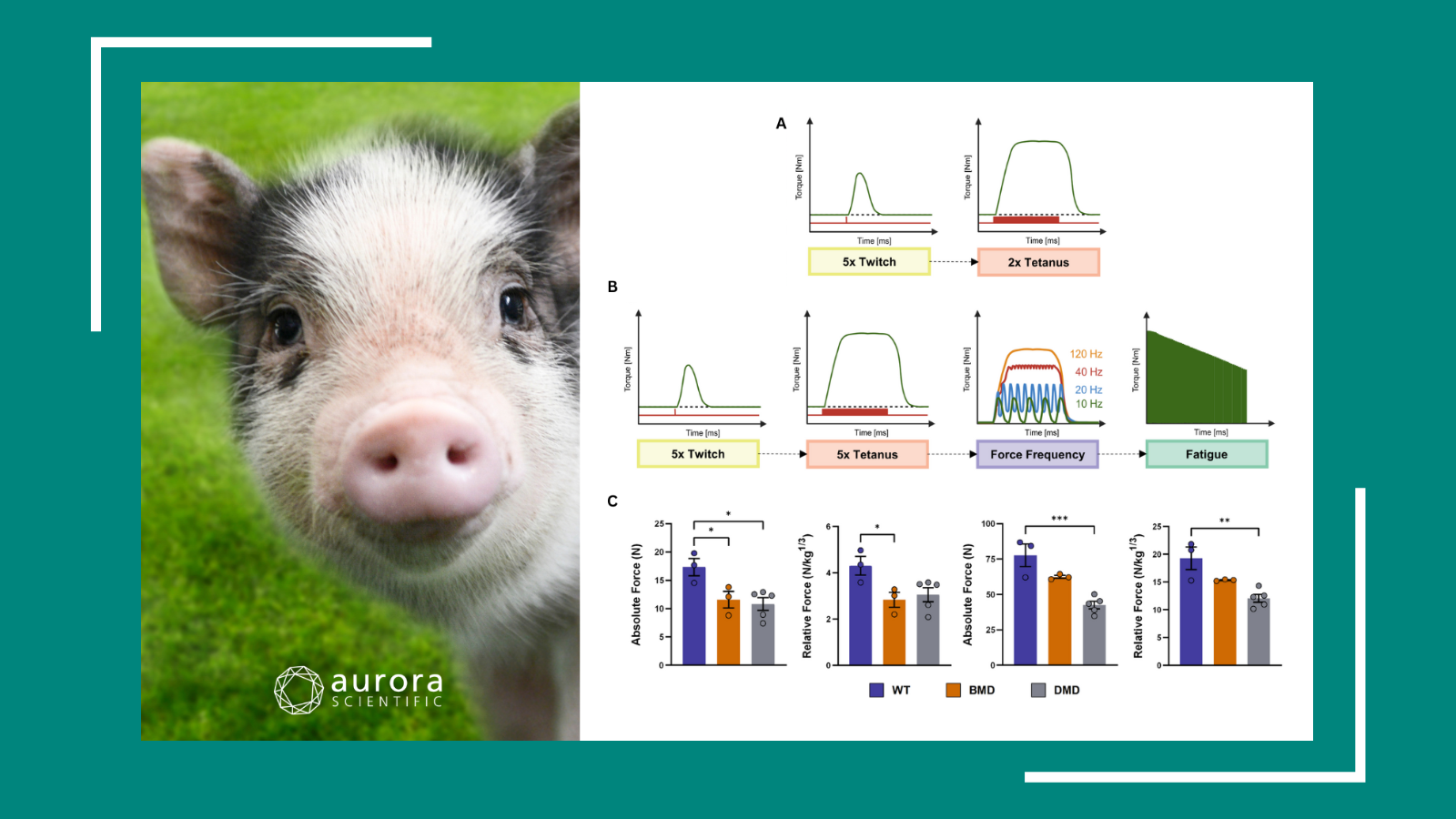Muscle Physiology Apparatus
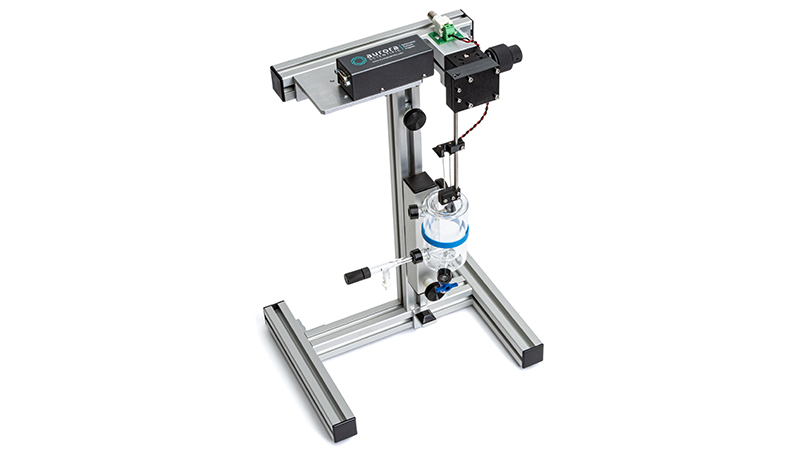
800C: in-vitro Muscle Apparatus
Flexible design makes these systems the ideal choice for measuring muscle properties of intact muscle tissue in mice and rats

801C: Small Intact Muscle Apparatus – Microscope Mountable
Highly integrated apparatus, optimally designed to test small, intact muscle contractility

802D: Permeabilized Fiber Apparatus – Microscope Mountable
A multi-well automated test system for quick and accurate measurement of permeabilized fiber dynamics

803B: Permeabilized Myocyte Apparatus – Microscope Mountable
Innovative 8–well plate designed for quick cell attachment and measurement of myocyte mechanical properties

804A: Permeabilized Fiber ATPase Apparatus
The 804A ATPase apparatus was designed to enable physiology researchers to measure consumption of ATP along with contractile force and length changes of permeabilized fibers.
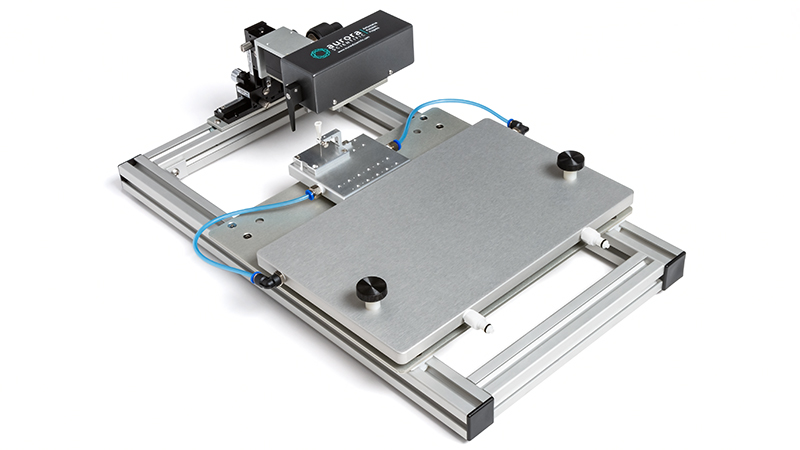
806D: in-situ Rat Apparatus
A beautifully designed, innovative apparatus for measuring in-vitro, in-situ and in-vivo muscle properties in rats
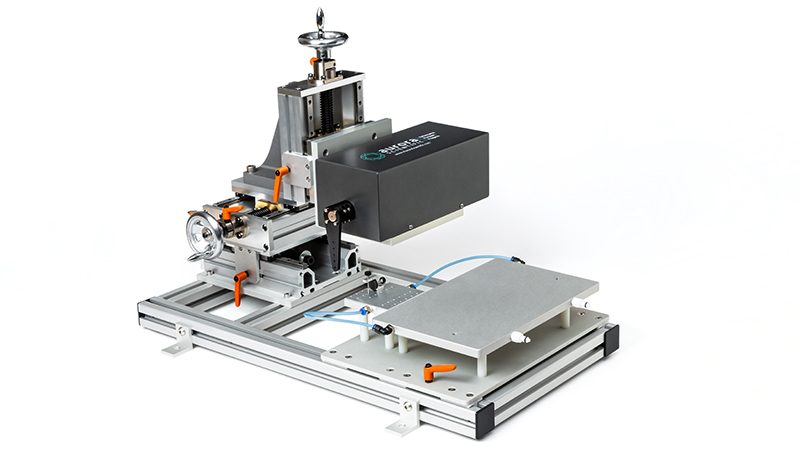
807B: in-situ Large Rodent/Small Animal Apparatus
Easily test in-situ muscle tissue dynamics in large rodents and other small animals
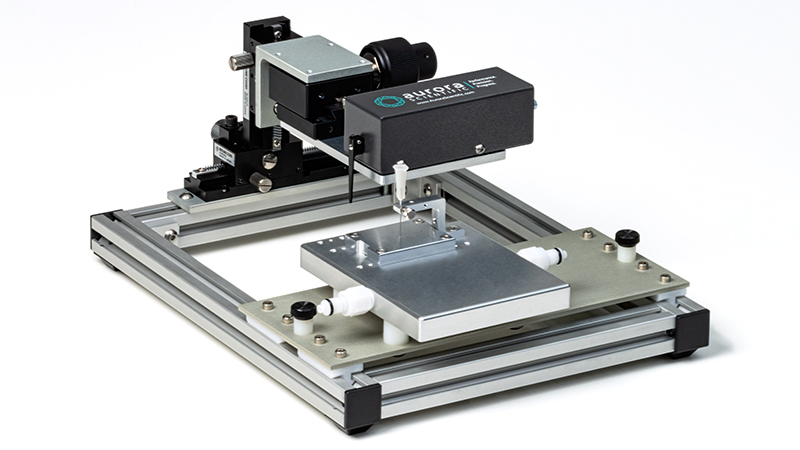
809C: in-situ Mouse Apparatus
A beautifully designed, flexible apparatus for easily measuring in-vitro, in-situ and in-vivo muscle properties in mice

820A: Dual XYZ Motion Controller
Closed-loop control of motorized stages to easily perform complex micro positioning with stunning precision
Content for the Muscle Physiologist
Heart-Hitting Discoveries
This publication review covers recent heart-hitting discoveries, including a novel method to assess heart tissue integrity, intricate relationships between heart function and redox balance, and the ...
Construction of Constant-Load (Isotonic) and Constant-Velocity (Isokinetic) Torque-Velocity-Power Profiles In vivo for the Rat Plantar Flexors
Quantification of knee extensor maximal strength is imperative to understand functional adaptations to aging, disease, injury, and rehabilitation. We present a novel method to repeatedly measure in ...
Pig-ture Perfect Progress
Kicking off 2026 with a lucky trot, this publication review highlights cutting-edge porcine research revealing how pigs help unravel the mechanics of muscle and heart function, from dystrophic rescue ...


